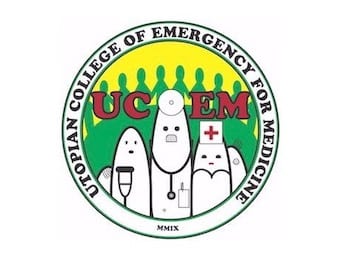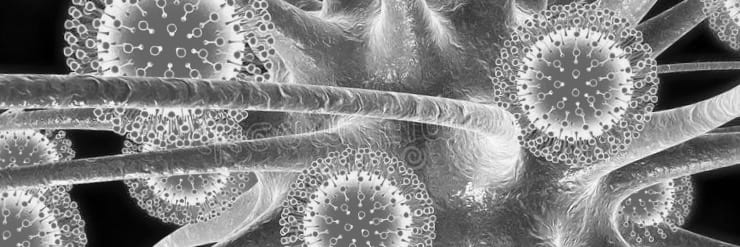
Ebola, the Perfect Political Pathogen
If we want to control ebola, we must act rationally and follow the advice of experts and not cynical reactionaries.

If we want to control ebola, we must act rationally and follow the advice of experts and not cynical reactionaries.

The placebo effect is well-known in modern medicine. Unfortunately, the most effective medicines we’ve ever discovered are more often used as placebos rather than cures. What are these medicines? Antibiotics. They’ve added 20 years to the average human life expectancy,…

Description What is the actual eponymous medical sign/syndrome/repair/classification… History 1873 – Tilbury Fox (1836-1879) first to describe what is now generally designated as erysipeloid. In 1873 Fox briefly described two instances of an eruption clinically conforming with that disease. 1873…

Extended spectrum beta-lactamases (ESBLs) have been a challenge to antimicrobial therapy since the 1980s and still continue to be...

The current Bordetella pertussis epidemic began in 2008. The peak of the outbreak was reached in 2009 with 35,000 cases (156 per 100,000 population) with the most affected age group being the 5-9 year old cohort. Though immunisation is above 90%…

In the future infectious diseases specialists will not only have human infections and zoonoses to deal with, but gizmonotic diseases (like computer viruses) as well.

The malaria disease is caused by a Plasmodium protozoal parasite, post proboscis penetration by an infected Anopheles mosquito. Here we discuss Malaria vaccine

Leptospirosis is an infection caused by the spirochaete genus of Leptospira. Severe forms may result in critical illness, including Weil disease and severe pulmonary haemorrhage

Haemophagocytic lymphohistiocytosis (HLH) may be inherited (AR; 5 subtypes, aka familial HLH) or acquired; may mimic severe sepsis, consider in apparent sepsis without source

Antibacterial Resistance: Natural Resistance – they do not possess the molecular target of the drug or are impermeable to it; Acquired resistance – occurs through mutation or the acquisition of new genetic material carried by mobile elements

Antimicrobial Quick Reference

Antimicrobial Stewardship is defined as ‘an ongoing effort by a health-care institution to optimise antimicrobial use among hospital patients in order to improve patient outcomes, ensure cost-effective therapy and reduce adverse sequelae of antimicrobial use (including antimicrobial resistance)’